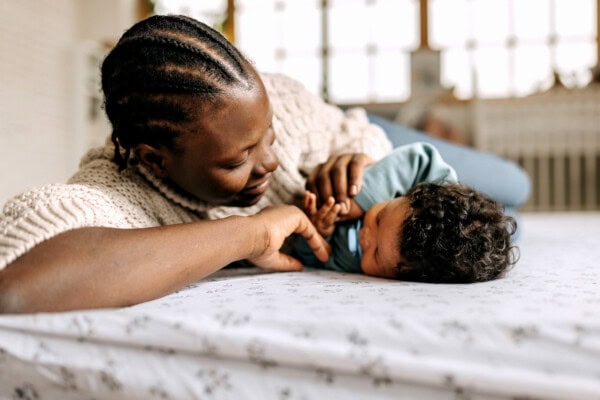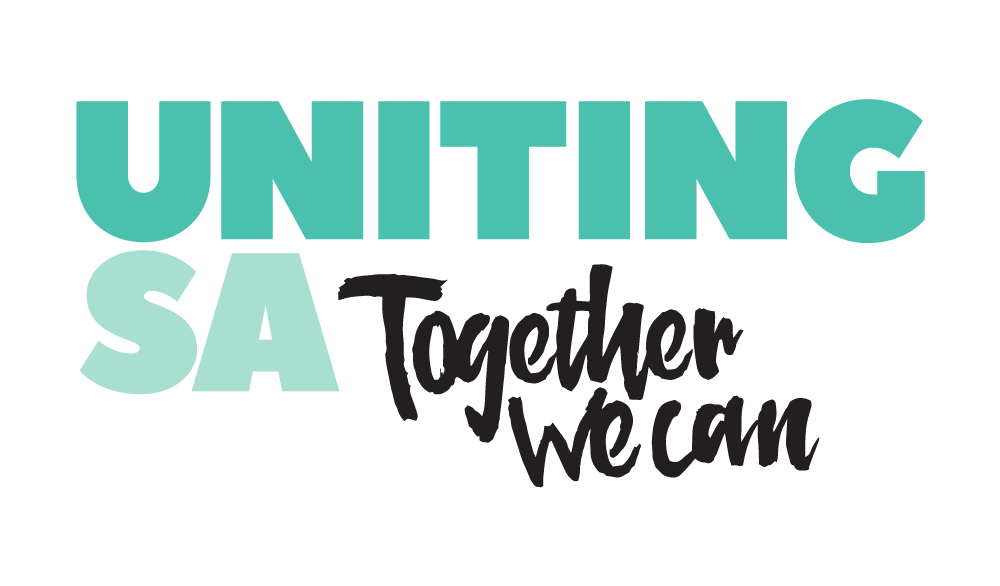For six months, single parent Menen (not her real name), her four growing sons and premature baby girl lived in a motel room measuring about 20 metres square.
They slept in two single and one double bed and shared a small bathroom.
With no cooking facilities, Menen was forced to buy supermarket meals and found it impossible to keep up with her children’s healthy appetites.
Aged 16, 12, 9, 6 and one, when one child got sick, the entire family fell ill.
But Menen kept the children to a routine, making sure they got to their schools at Underdale and Allenby Gardens, while she continued to apply for up to 10 rental properties a week.
With no family support, Menen was often kept awake at night by rowdy motel guests and quickly felt alone and deeply ashamed of her situation.
Menen is among the changing face of South Australian homelessness – Culturally and Linguistically Diverse (CALD) and female.
Born in Ethiopia and orphaned as a child, Menen moved to Australia 15 years ago when her first child was a year old.
Before finding herself in emergency motel accommodation, she had rented a home in the western suburbs for six years as her family grew.
But when her relationship broke down and Menen gave birth prematurely to her youngest child, who needed surgery, her landlord gave her six weeks’ notice to vacate.
Her request for a six-week extension was refused.

Mother laying down with her baby in a bedroom
Normally, with no family around her, Menen would have turned to the Islamic community for emotional support.
“It used to be a close community, but it’s changed. People move away,’’ she says. “I didn’t know where to go for help, I had no one around me, I cried all the time, the children cried.‘’
UnitingSA Case Manager John Sprott says families living in long term emergency accommodation often become disillusioned and despair if they cannot see a pathway to a normal living situation.
“It took grit, faith and perseverance for the family to survive this ordeal and end up in a better situation.’’
Menen went to Housing SA who approved the family for emergency accommodation. This provides eligible customers with financial help to access emergency accommodation in hotels or motels.
This is only supposed to be for up to three nights while customers get into something more secure and fit for purpose. However, as revealed in a national survey released in April, rental affordability is the worst it has ever been and there are more and more families and individuals living in emergency accommodation for extended periods.
“It was very stressful – the children were crying they were so hungry all the time because I couldn’t cook for them like they were used to,’’ she says. “Food is expensive to buy so I could only get prepared food which we all had to share.
“There was no room to move or to play. They were tired all the time. It became normal for them.’’
“Then I got the number of UnitingSA.’’
That changed everything for Menen and her children.
UnitingSA Homelessness Services case manager Areza Cortez began working with Menen to find more secure housing and while there were many disappointments along the way, she eventually secured an affordable rental in the western suburbs.
“When I found out – I just cried,’’ Menen recalls.” We stood in the street and the children were so happy. They are settled. I just want to give them stability. We are very happy – we are looking to the future, the past is past and we are living a normal life.’’
Menen’s former UnitingSA case manager Azera Cortez says she’s glad to have been a part of the journey in rebuilding a home for her family.
“Receiving support from our team is like a lifeline for vulnerable people who are experiencing homelessness,” Azera says. “Parents like Menen are able to provide a safe space for their children while they face the challenge of securing a home in the midst of this housing crisis.’’
Please help us support more people like Menen by donating to UnitingSA’s 2024 Winter Appeal.
